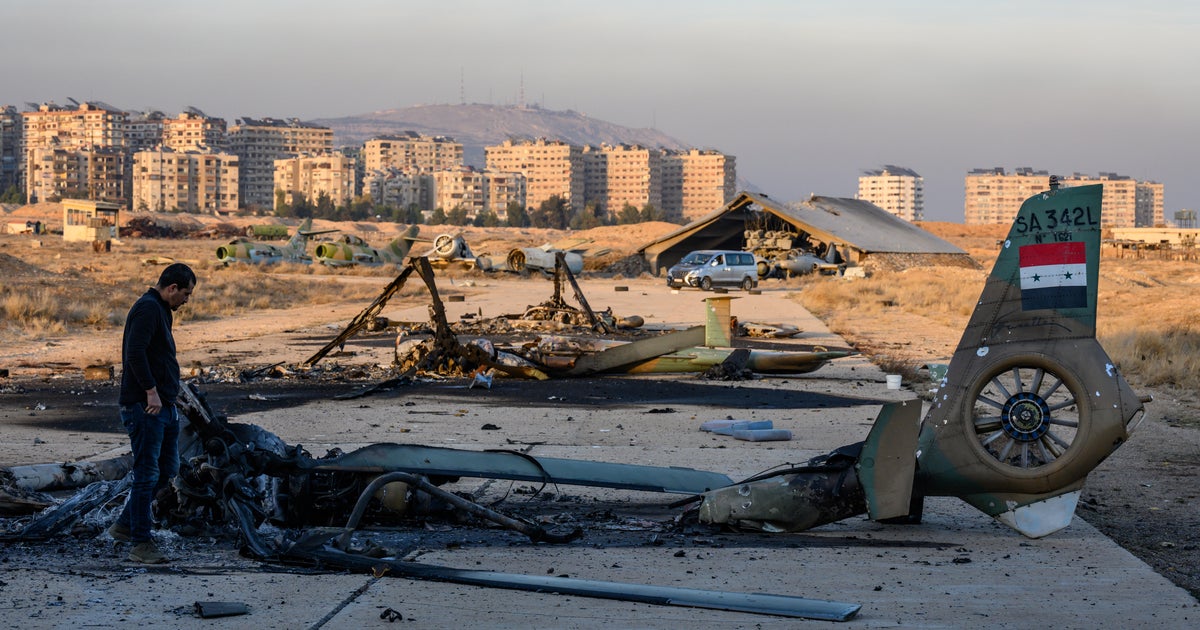European Union foreign ministers on Monday signed the bloc’s 15th round of sanctions since Russia began its full-scale invasion of Ukraine in February 2022.
The new economic measures are intended to prevent the circumvention of already existing EU sanctions and weaken Russia’s military and defense industry.
“With each new round of sanctions we are improving their effectiveness and closing gaps, and we will continue to do so, as part of our ongoing commitment to support Ukraine and its people,” said EU Commissioner Maria Luís Albuquerque.
The formal approval by foreign ministers meeting in Brussels follows an agreement reached by EU ambassadors last week.
Fifty-two ships were added to the list of vessels suspected of being part of the so-called Russian “shadow fleet” of oil tankers and subject to a ban on a wide range of services and access to ports.
“These ships appear to have engaged in risky shipping practices when transporting Russian oil or petroleum products, arms deliveries, grain theft or supporting Russia’s energy sector,” a press release said.
In addition, another 32 companies are targeted by export restrictions because they “contribute to the technological improvement of Russia’s defense and security sector,” the EU said.
In addition to twenty Russian companies, the targeted companies are located in China, India, Iran, Serbia and the United Arab Emirates.
Another 84 individuals and entities have been hit with EU asset freezes and travel bans “for actions that undermine the territorial integrity, sovereignty and independence of Ukraine.”
Ukrainian Foreign Minister Andrii Sybiha emphasized the importance of the new sanctions package.
Addressing his EU colleagues via video link, Sybiha “urged continued pressure on Moscow, which would increase the costs of the war for the aggressor and strengthen Ukraine’s defense capabilities,” he wrote on the social media platform X.
Sybiha would also provide an update on the situation on the battlefield, as talks about the EU’s involvement in a possible peacekeeping mission intensify.
However, top EU diplomat Kaja Kallas rejected any precise plans when she arrived at the meeting.
“First there must be peace before peacekeepers can be sent. And Russia does not want peace,” he said.
A look at the meeting of the European Union’s Foreign Affairs Council. Sierakowski Frederic v European Council/dpa

Kaja Kallas, the EU High Representative for Foreign Affairs and Security Policy, sounds the bell to open her first meeting of the European Union’s Foreign Affairs Council. Sierakowski Frederic v European Council/dpa






